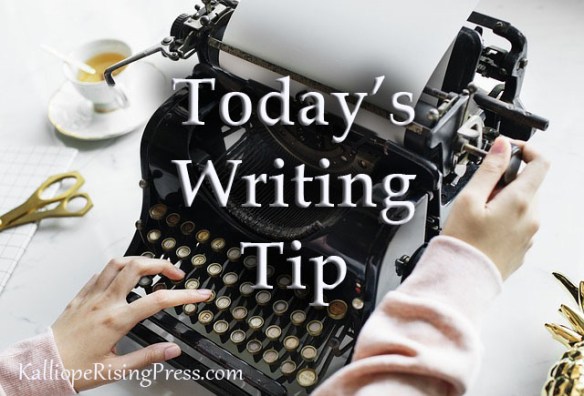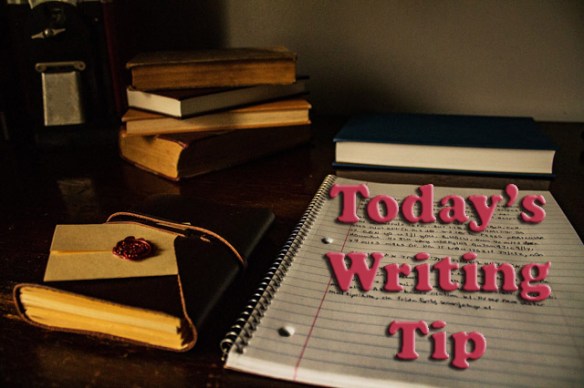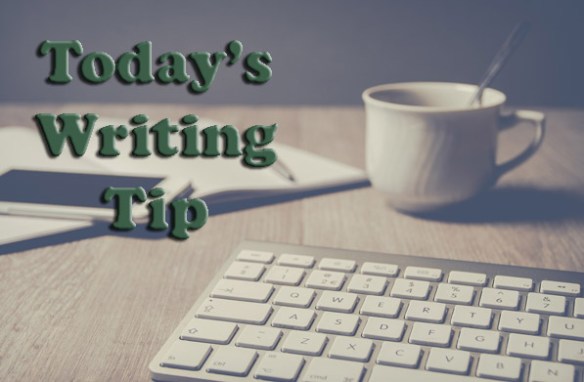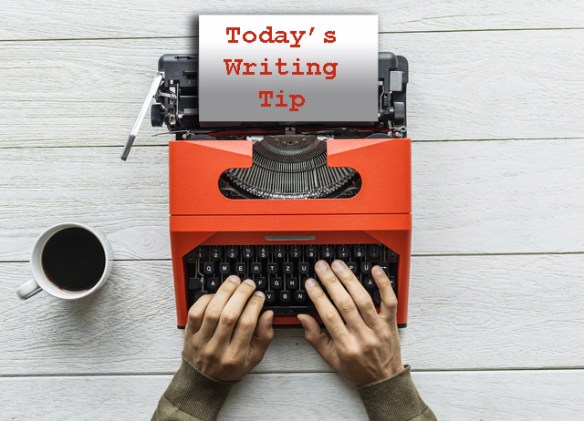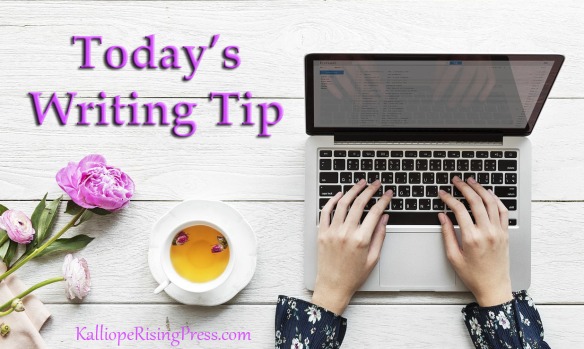
I’m always amazed when I encounter an indie published book where the author doesn’t know how to punctuate dialog. Seriously? I remember learning that back in elementary school. However, I’m old as dirt, so maybe that was another one of those things eliminated from school curricula. However, if you’re going to represent yourself as an author, then it’s your job to learn such things.
I have seen some really weird, albeit creative ways to convey characters conversing. However, as far as enhancing the story, forget it. It’s another one of those dreaded distractions that throws a savvy reader out of the story.
Here are the basics:
If it’s a simple statement, you use a comma, NOT a period. “I’m going to the store,” he said.
If it’s a question, then use a question mark. How obvious can it be? For example, “Do you need anything at the store?” The trick here is if it’s part of the narrative, then sometimes it’s ambiguous. I get that and have run into it myself a few times, especially when a character is wondering about something. Wondering, by it’s very nature, is a question. However, sometimes it’s not that obvious. In dialog, however, it should be pretty clear that something like “I wonder if he’s going to the store this afternoon?” is a question.
If someone is excited, angry, or speaking/thinking in an agitated state, then use an explanation point! “What do you mean you’re not going to the store? You said you were and I need some butter!”
It’s really not that hard, is it? Yet I’ve seen it done incorrectly numerous times. C’mon, indie authors! You can do better!

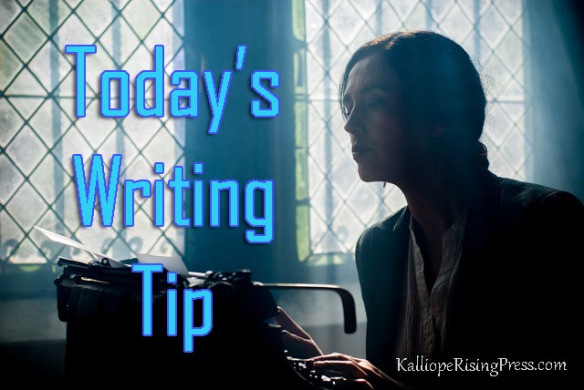
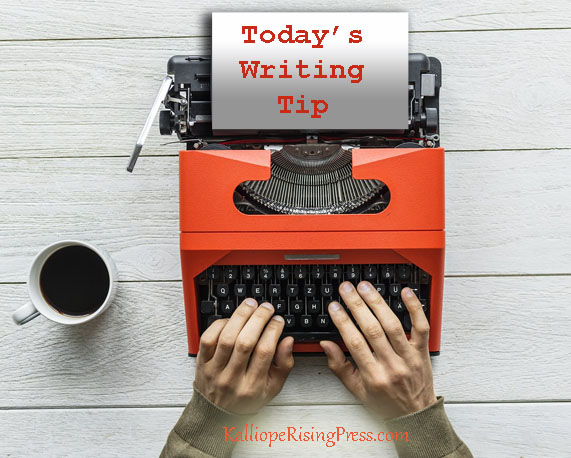
 flavor enhancers, if you will. Be subtle, not glaring, which makes them all the more powerful. Used improperly or excessively, you could wind up with the literary equivalent of adding cinnamon instead of cumin to your chili. Properly administered, they’ll help create dynamic and convincing dialog, a critical component of outstanding fiction.
flavor enhancers, if you will. Be subtle, not glaring, which makes them all the more powerful. Used improperly or excessively, you could wind up with the literary equivalent of adding cinnamon instead of cumin to your chili. Properly administered, they’ll help create dynamic and convincing dialog, a critical component of outstanding fiction.